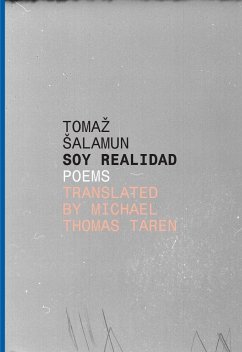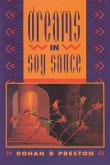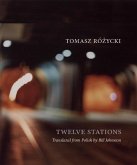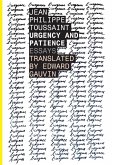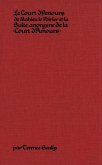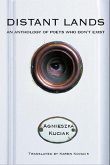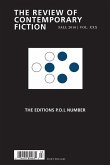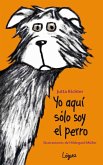At last available in English translation, Soy Realidad is Tomaz Salamun's twenty-first collection of poetry, originally published in 1985. Showing a maturing poet at home as a citizen of the world, Soy Realidad ranges far from Salamun's Slovenia, combining his native language with Latin, French, English, and Spanish, as well as evoking such places as Belize, the Sierra Nevada, and Mexico City. From sex to God, from landscape to literature, Salamun's poetry is as ever a restless and witty inquisitor, peeling back the layers of the world.
"Originally published in Slovenian as Soy realidad by Zaloba Lipa, Koper, 1985"--Title page verso.
Hinweis: Dieser Artikel kann nur an eine deutsche Lieferadresse ausgeliefert werden.
"Originally published in Slovenian as Soy realidad by Zaloba Lipa, Koper, 1985"--Title page verso.
Hinweis: Dieser Artikel kann nur an eine deutsche Lieferadresse ausgeliefert werden.

